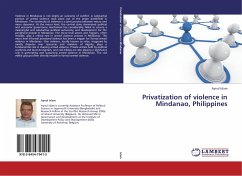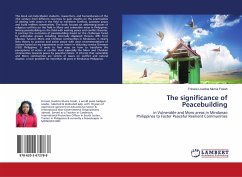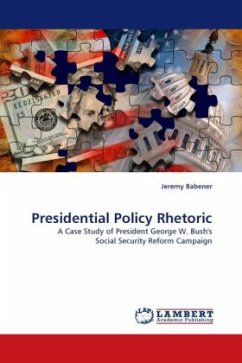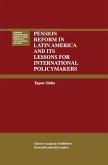Violence in Mindanao is not simply an outcome of conflict. A substantial portion of armed violence took place out of the larger battlefield in Mindanao. The continuity of violence is a joint process between macro and micro dynamics. At the macro level, the central state dominated political and economic governance mechanism has considerably failed to ensure a meaningful and substantive political autonomy, and development for the peripheral people in Mindanao. The micro level actors and triggers, often invisible, play a critical role in armed violence process in Mindanao. The micro level informal privatized violence has been a trigger for formal armed violence in Mindanao. Clan violence, locally known as ridos, triggered by mostly disputes over resources and violation of dignity, plays a fundamental role in shaping armed violence. Private armies held by political warlords and local strongmen, and civil militias are also playing a significant role in generating and sustaining armed violence in Mindanao. The civil militia groups often directly involve in formal armed violence.
Bitte wählen Sie Ihr Anliegen aus.
Rechnungen
Retourenschein anfordern
Bestellstatus
Storno








